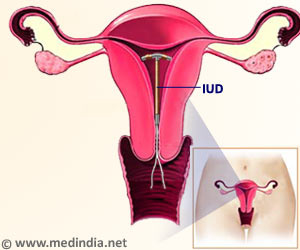While previous studies have shown that anger and hostility, in and of themselves, can increase risk of heart disease in men, little of the research has included women.
While previous studies have shown that anger and hostility, in and of themselves, can increase risk of heart disease in men, little of the research has included women.
Results of a new study, conducted exclusively with female subjects, suggest that anger and hostility alone are not predictive for coronary artery disease in women, but women who outwardly express anger may be at increased risk if they also have any of several other risk factors: age (risk increases as women get older), history of diabetes and history of unhealthy levels of fats (lipids) in the blood.Cardiologist C. Noel Bairey Merz, M.D., medical director of the Preventive and Rehabilitative Cardiac Center and medical director of Women’s Health at Cedars-Sinai Medical Center, said the overt expression of anger toward other persons or objects appears to be the most “toxic” aspect of hostility in women. In fact, the researchers analyzed a variety of measures related to anger, including cynicism, hostile temperament, aggression and suppressed anger. Only expressed anger – described as Anger Out on the rating scale – had predictive value, and only when the age, diabetes or dyslipidemia risk factors also were present.
'Our results appear to differ from the literature on males, particularly young males, in which hostility scores are found to be associated with coronary artery disease. However, the new data, combined with our previous findings, indicate that anger and hostility in women, as in men, do tend to cluster with adverse risk factors,' said Bairey Merz, one of the authors of an article in December, 2006, issue of the Journal of Women’s Health.
The anger and hostility research grew out of the Women’s Ischemia Syndrome Evaluation (WISE) Study, a multi-center, long-term investigation sponsored by the National Heart, Lung and Blood Institute. Bairey Merz chairs the WISE study and holds the Women’s Guild Chair in Women’s Health at Cedars-Sinai.
WISE was designed to study diagnostic testing and pathophysiology of ischemic heart disease in women and how sex hormones and other gender-specific findings influence the clinical aspects of the disease. From 1996 to 2000, 936 women referred for angiograms because of chest pain and suspected ischemia were enrolled. The hostility study included 636 women with suspected coronary artery disease who were referred for diagnostic coronary angiography.
The research team published an article last year showing that hostility and anger are related to coronary artery disease and are predictive of heart-related “events” in women. This study concluded that the outward expression of anger and hostility is higher in, and may be a risk factor for, women with suspected coronary artery disease, based on results of angiograms. But it also found that anger and hostility are associated with atypical cardiac symptoms in women who do not have angiographic evidence of heart disease. The researchers hypothesize that women who have symptoms but no definitive diagnosis or potential treatment may manifest their frustration in increased aggression and anger.
Advertisement
Source-Newswise
SRM











